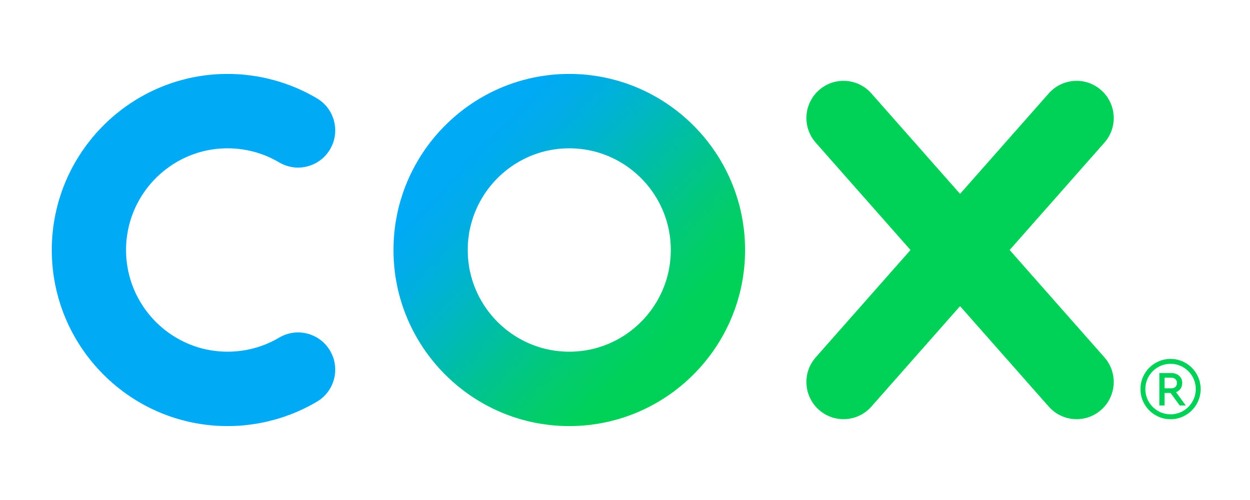This website uses cookies so that we can provide you with the best user experience possible. Cookie information is stored in your browser and performs functions such as recognising you when you return to our website and helping our team to understand which sections of the website you find most interesting and useful.
Business News Digital Labels & Publishers Legal Top Stories
Cox Communications files appeal against billion dollar copyright ruling
By Chris Cooke | Published on Thursday 27 May 2021

This just in. “The music industry is waging war on the internet”. Or at least that’s what US internet service provider Cox Communications reckons. And that’s how it opens its formal appeal of the 2019 court ruling that said the net firm was liable for its users’ copyright infringement, and as such should pay the major labels a neat billion dollars in damages.
Cox spent much of last year trying to get that jury ruling overturned – or at least the damages bill slashed – in the court where the labels originally sued it. However, none of that worked, and now the internet firm is having another go in the Fourth Circuit appeals court.
In a lengthy filing, Cox pretty much runs through the entire history of the music industry’s long-running battle to combat online piracy, through the lawsuits against file-sharing platforms and individual file-sharers, the calls from record labels for ISPs to play a role, the programme run with various US internet providers (though not Cox) to send out warning letters to suspected file-sharers, BMG’s initial lawsuit against Cox Communications, and the subsequent billion dollar judgement in favour of the majors.
Along the way, Cox says that the labels suing the peer-to-peer file-sharing services and individuals who used them was “sensible”, but notes how – even as the record industry won copyright infringement lawsuits against an assortment of piracy services, beginning with Napster in 2001 – “other peer-to-peer networks emerged and grew more elusive”. Meanwhile, “the industry found that targeting ordinary consumers was expensive and unpopular”.
“So, fifteen years after Napster”, it goes on, “the music industry launched an aggressive new strategy: attack the internet itself, suing the internet service providers – the cable and phone companies, like defendant Cox Communications, that deliver the internet”.
“The record companies launch automated bots to crawl peer-to-peer networks for signs of infringement”, it explains. “Whenever they get a hit, they send a notice to the ISP declaring that someone using a specified internet connection – could be the subscriber, but also could be a teenager, a houseguest, a coffee shop patron, or a hospital patient – used the ISP’s wires to infringe. They claim the ISP is just as responsible as Napster, merely because it provided an internet connection”.
“But, unlike the offerings of Napster and its ilk, [the ISP’s] internet service is neither designed nor advertised to promote piracy”, it argues. “And on this record, 99% of Cox’s internet users never put it to that use. Your cable company also cannot monitor your internet usage or block specific online activities, at least for now. So not only does Cox not encourage infringement, it cannot prevent infringement over its cables, any more than your phone company can prevent users from perpetrating frauds over telephone lines”.
Of course, it’s because of arguments like this that the copyright safe harbour exists. That being the bit of copyright law that says an ISP like Cox can’t be held liable for the copyright infringement of its users, providing it has a system in place via which copyright owners can get infringing content removed and a policy to deal with repeat infringers among its customer base.
Both the BMG and subsequent major label litigation against Cox was based on the allegation that – although the ISP operated a takedown system and repeat infringer policy – it had a deliberately shoddy system for dealing with those repeat infringers. So much so – the music companies argued – that it did not qualify for safe harbour protection. And in both cases the court concurred with that argument.
However, says Cox in its appeal filing, “losing safe harbour protection does not … establish that an ISP is liable for its subscribers’ infringement”. But in both the BMG and major label cases, Cox was nevertheless held liable for that infringement, specifically for contributory infringement and, in the latter litigation, vicarious infringement too.
But, Cox argues, the lower courts were wrong in reaching that conclusion. The ISP then sets out an assortment of arguments as to why – despite the judgements to the contrary – the music industry has not actually proven it is liable for either contributory or vicarious infringement.
A lot of that is based on various issues the ISP has with the infringement notices that it’s routinely sent by the Recording Industry Association Of America and its anti-piracy agent MarkMonitor, something Cox also talked about a lot during the original court case involving the majors.
The lower court was wrong to ignore those issues and side with the record companies, Cox concludes. Those errors “resulted in an award of historic proportions. The $1 billion judgment is entirely untethered from both the harm it caused and Cox’s culpability. Cox, after all, did not directly infringe any of plaintiffs’ works, encourage anyone to infringe, or create or supply the peer-to-peer protocols and platforms that enabled that infringement”.
“Instead, Cox’s liability rests on the theory that it should have been a more active bystander by cutting off infringing subscribers’ internet connections sooner – a delicate calculus based on competing duties to copyright holders and customers”, it argues.
Requesting that the Fourth Circuit reverse or at least vacate the billion dollar judgement against it, Cox concludes: “If sustained, this judgment would elevate the interests of the music industry over those of ordinary, and often blameless, people who depend on the internet. The consequences will be devastating”.





